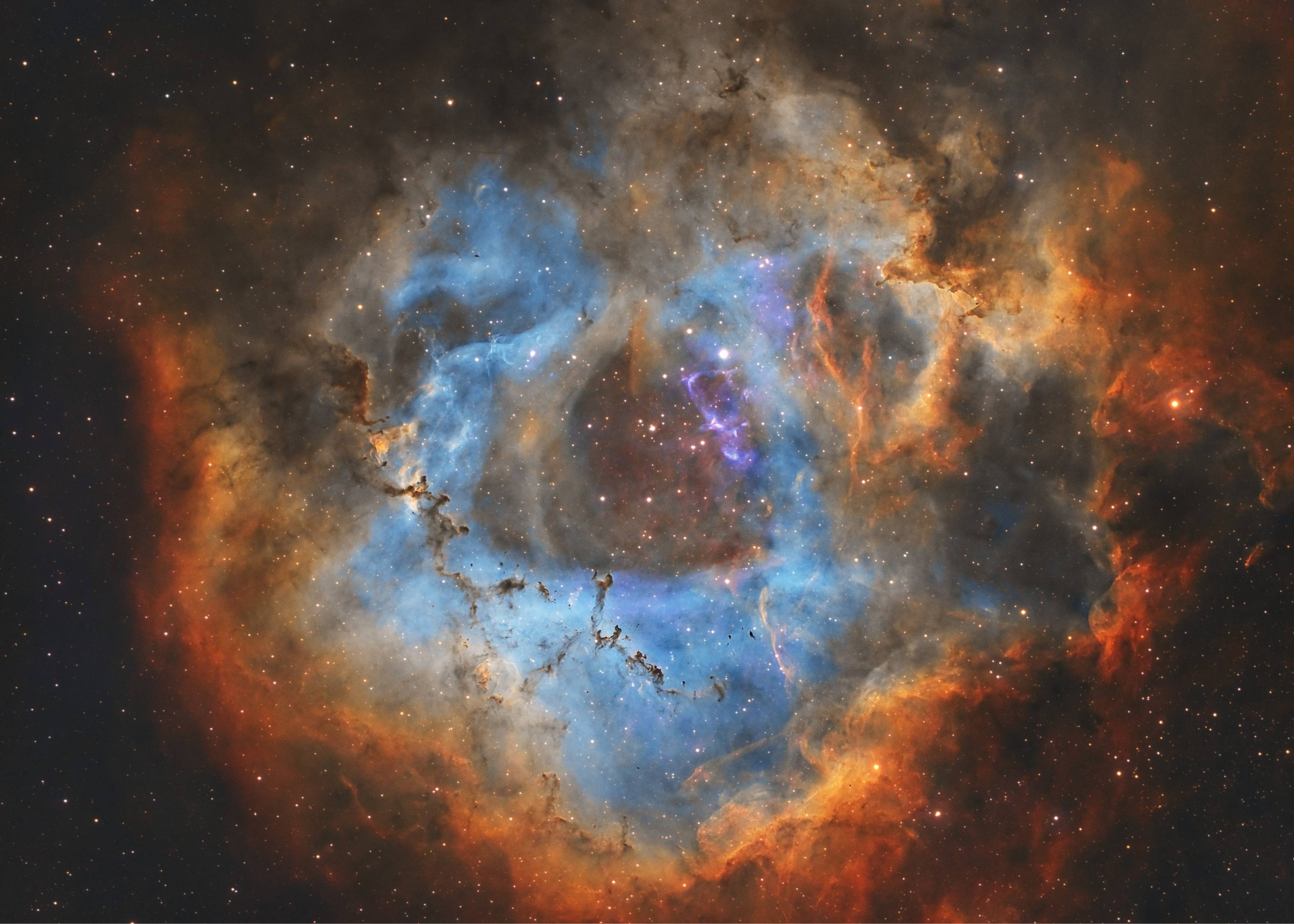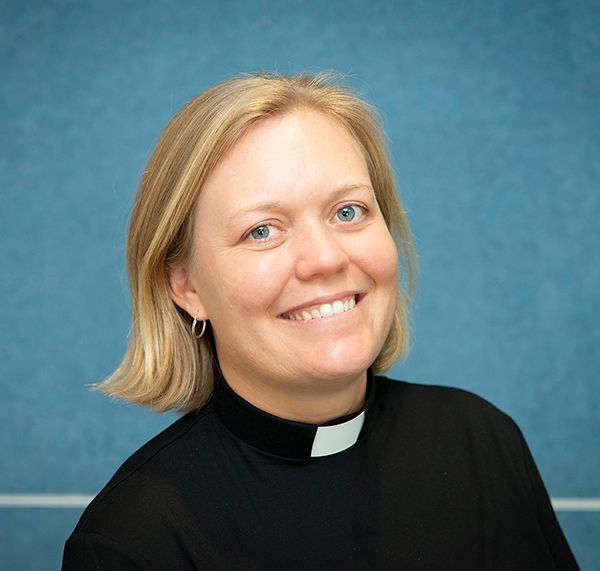Instructions for Living a Life: Pay Attention. Be Astonished. Tell About It
By Rev. Dr Katherine Rainger, Senior Chaplain
One of the great things about working in a school is overhearing classes. From within a 100-metre radius of my office, I have overheard lessons on post-colonial readings of classical literature; the nature of perception and reality; world religions; and students enjoying the fruits of their labours from food technology.
Walk a little further, and you can hear students singing in chapel, grasping concepts in numeracy, conversing in Spanish, studying different genres, making discoveries through play, and inquiring into sustainability and custodianship.
Equally nourishing are the conversations with colleagues that broaden my horizons. This week I had a conversation with a colleague (who knows far more about science than I ever will!) about the nature of consciousness. A faith perspective was brought into the conversation as we talked about the mystery and origin of something as profound as consciousness.
The conversation between religion and science is broad and multifaceted. There are tensions both in the past and the present. However, science and religion are conversation partners in need of each other. Science reveals to us more of the world around us, what we can know and how much is still unknown. Religion contributes to scientific inquiry by asking questions about who has access to new discoveries and which limits are needed to ensure that human dignity and flourishing are preserved. These questions are not straightforward and good reason for the dialogue to continue.

An example of this conversation comes from theologian Rev. Professor Sarah Coakley. One of the questions she raises concerns the evolutionary phenomenon of cooperation and, by extension, altruism as a guiding principle for understanding the world. For those who would like to hear more from Professor Coakley, click here.
The poet Mary Oliver in her poem Sometimes writes:
Instructions for living a life:
Pay attention.
Be astonished.
Tell about it.
These instructions, “pay attention, be astonished, tell about it,” become an invitation to connection, wonder and blessing in all avenues of inquiry, both the scientific and the theological.
Loving God,
We give you thanks
for the wonders of creation,
for those who dedicate their lives to understanding
more about how the world works in the fields of
physics, biology, chemistry, geology, zoology and
so much more.
Amen
For more information on National Science Week, including activities to do at home, click here.
